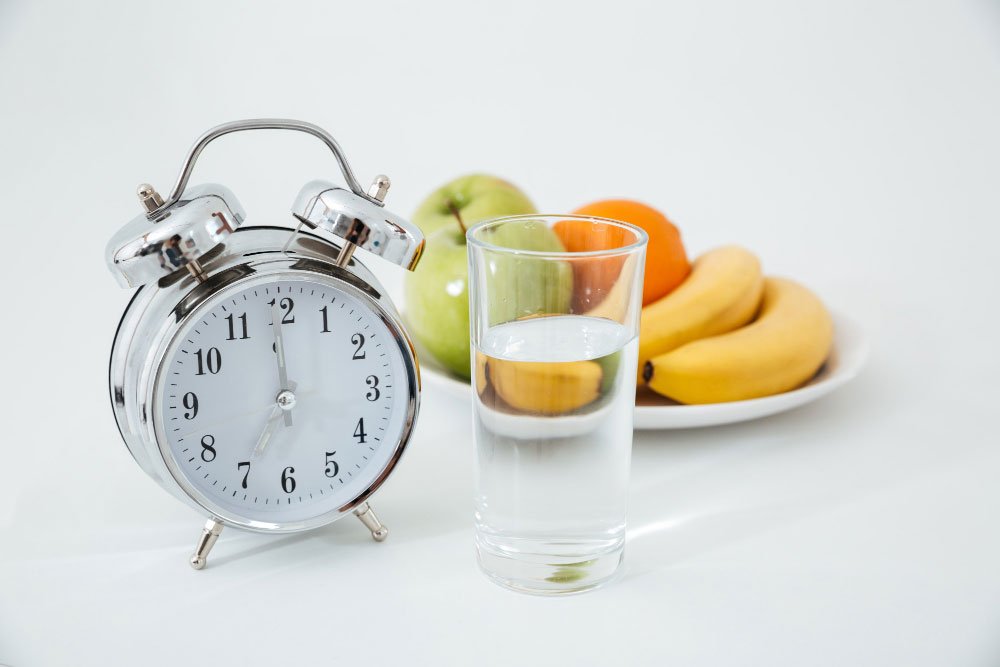If you’ve been told to fast before your blood test, you’re not alone in wondering how important it really is. Let’s clear that up.
What Fasting Means
Fasting means no food or drink, except water, for 8 to 12 hours before your test. It gives the most accurate measurement of certain markers in your blood. That’s because nutrients from your last meal can raise or lower your numbers in ways that do not reflect your usual levels.
Tests That Usually Require Fasting
- Fasting Blood Sugar
- Lipid Profile (cholesterol and triglycerides)
- Certain liver and kidney function tests
- Some vitamin or hormone tests
Always check with your doctor or the lab before your appointment. Not all tests require fasting, and in some cases, fasting may not be recommended at all.
Why Fasting Matters
If you eat before a fasting-required test, it could alter your results. For example, your blood sugar might appear higher than it actually is. Your cholesterol could spike, leading to a false positive for hyperlipidemia. This can result in unnecessary medication or repeated testing.
How to Fast Properly
- Schedule your test in the morning so you can fast overnight
- Drink water to stay hydrated
- Skip coffee, milk, or flavored drinks—they count as food
- Avoid smoking or chewing gum
- Bring a snack for after the test so you can eat right away
Final Advice
If you’re unsure about whether you need to fast, ask your healthcare provider or the clinic. It’s a small effort that makes a big difference in the accuracy of your results. Whether you’re going to Exact Check or another diagnostic center, proper preparation leads to better care.

